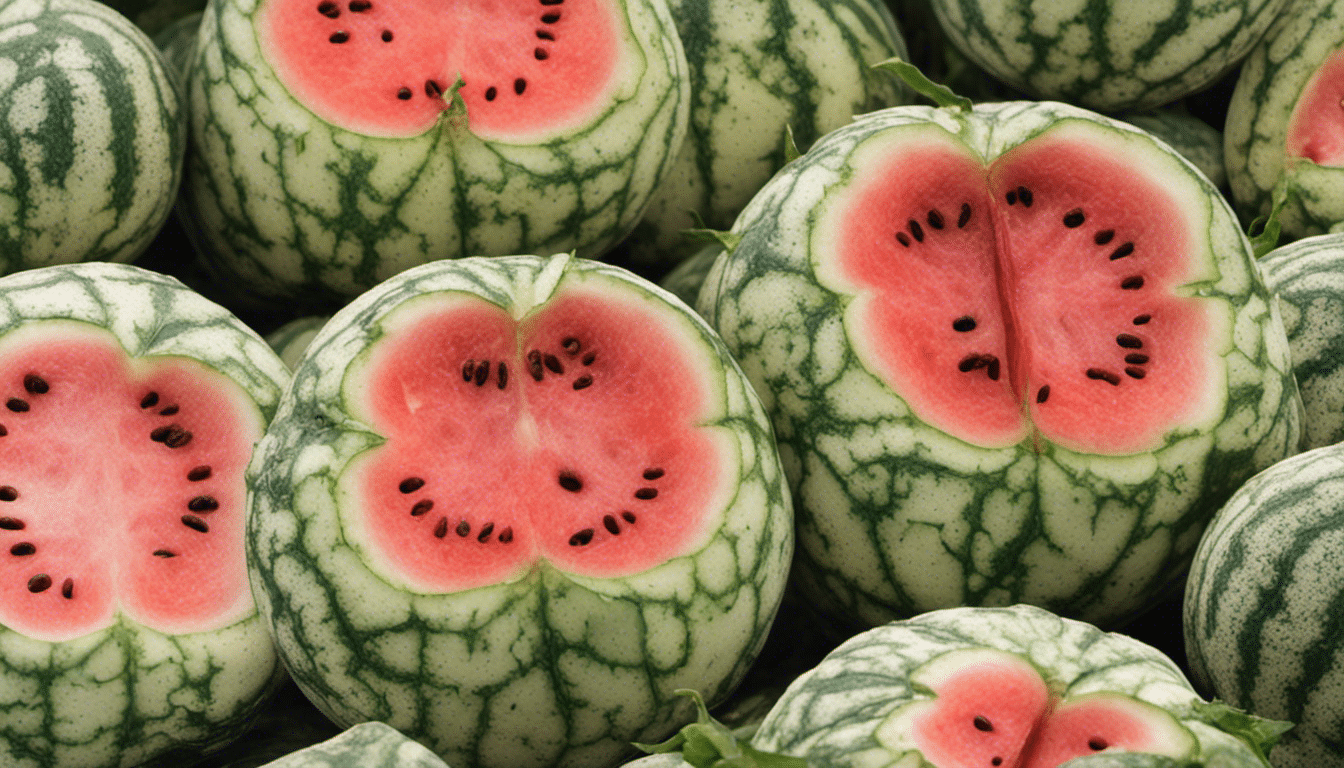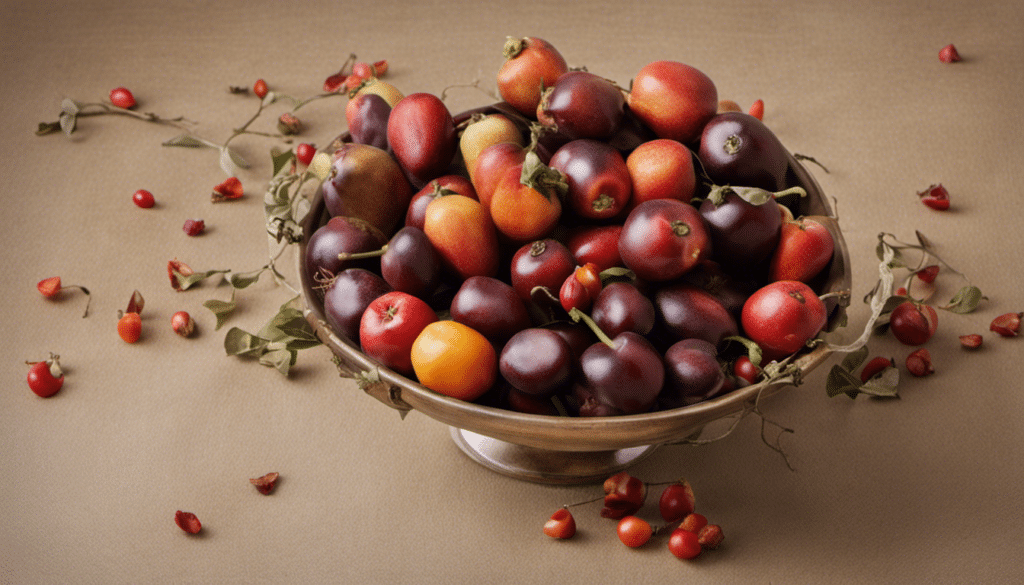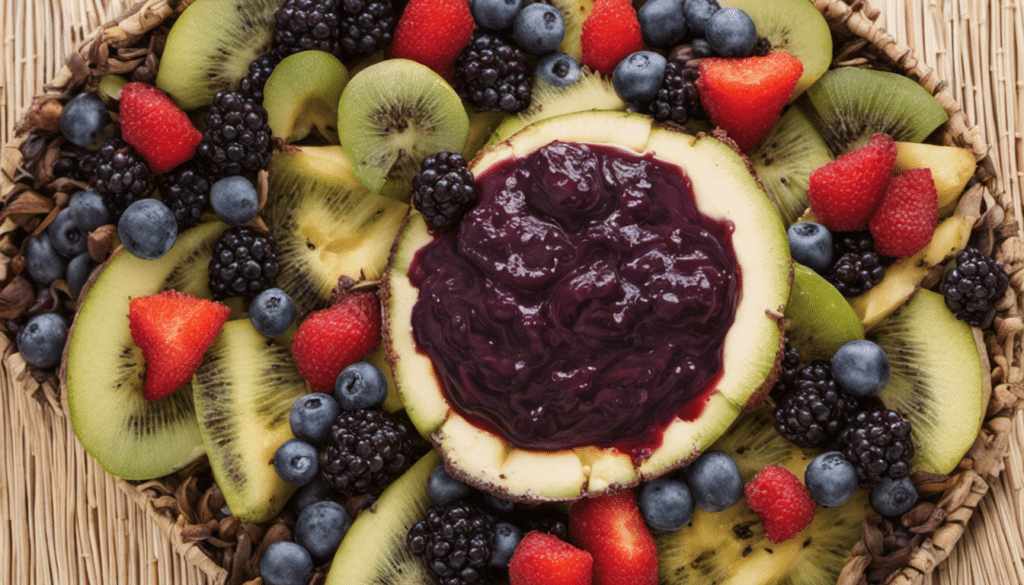All About Mouse melons
“`
Relatively new to the scene, mouse melons have become a beloved addition to the vegetable scene. This curious veggie – so called due to its cute, miniature watermelon appearance – is more than just Instagram food fodder. Let’s dive in and discover more about this fascinating produce.
What are Mouse Melons?
Going by a variety of adorable names like ‘cucamelon’ and ‘Mexican sour gherkin’, mouse melons are a bite-sized vegetable with plenty to enjoy. Originating in Central America, but now grown all across the globe, this fruit is a variety of cucumber that’s been given a whimsical twist.
Expectedly grape-sized, mouse melons bear an uncanny resemblance to miniature watermelons. However, their taste is more akin to cucumbers – crisp, refreshing, with a little hint of tartness. You can eat them fresh, tossed into salads, or pickled for longer storage.
Nutritional benefits of Mouse Melons
Desirable as they are for their unique aesthetics and refreshing taste, mouse melons also pack a nutritious punch. They are an excellent source of vitamins and minerals. Notably, they contain significant amounts of vitamin C, an essential nutrient known for its immune boosting and antioxidative properties.
Moreover, like their cucumber cousins, mouse melons are made mostly of water. This makes them an excellent choice for hydration and a handy low-calorie snack for weight management. They’re also rich in dietary fiber, promoting a healthy gut. Even more impressive, mouse melons have antioxidants that can help protect the body from damage by free radicals.
Whether you’re a foodie looking for the next unique ingredient, a gardener in search of a conversation-starting plant, or simply someone who keeps an eye out for nutritious foods, consider giving mouse melons a chance. Their delightful appearance, refreshing taste, and health benefits make them more than worth the addition to your diet or garden.
“`




